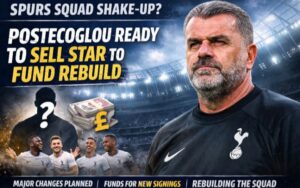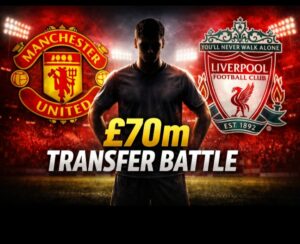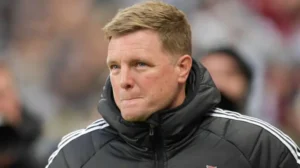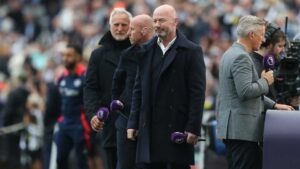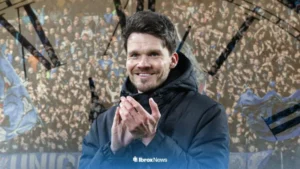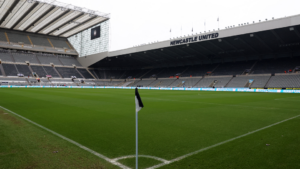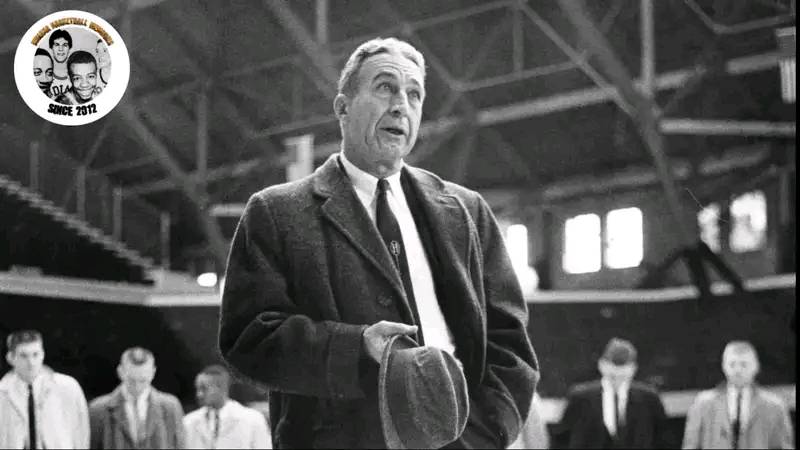
Butler Legend Tony Hinkle Explains NIL…the 1950s Way
Indianapolis, Indiana – While the current landscape of Name, Image, and Likeness (NIL) deals in college athletics is complex and often debated, a look back at the legendary Butler University basketball coach Tony Hinkle offers a simpler, perhaps even more charming, perspective. Though Hinkle coached decades before the concept of NIL even existed, his approach to supporting his players offers a fascinating contrast to today’s multi-million dollar arrangements.
In a hypothetical scenario, imagining Coach Hinkle explaining the NIL to a modern audience, his approach would likely be straightforward and devoid of the legal complexities that define the current system. “Back in my day,” he might begin, his voice carrying the warmth and wisdom of a lifetime dedicated to the game, “we didn’t have these fancy NIL deals. But we took care of our boys.”
Hinkle’s “NIL” wasn’t about endorsements or social media campaigns. It was about providing the fundamental necessities and fostering a supportive environment for his players. His version of the deal consisted of three core components:
1. Free Room and Board: “A roof over their heads and food in their bellies,” Hinkle would explain. “That was the most important thing. They needed a place to live, a place to study, and a place to rest after practice. We made sure they had that.” This wasn’t a lavish arrangement; it was about providing the basics so players could focus on their studies and their game.
2. A Degree: “The real prize wasn’t the trophies or the accolades,” Hinkle would emphasize. “It was the education. We pushed them hard in the classroom. A Butler degree was the ultimate NIL, a ticket to a brighter future.” For Hinkle, the long-term success of his players was paramount, and a college education was the cornerstone of that success.
3. Mayo Sandwiches on Road Trips: This might elicit a chuckle from a modern audience, but it speaks volumes about Hinkle’s approach. “Now, we didn’t have fancy catered meals on our road trips,” he’d admit with a twinkle in his eye. “But we always made sure they had something to eat. A good mayo sandwich and some milk—that was our fuel. It wasn’t glamorous, but it got the job done.” This simple detail highlights the focus on practicality and team unity that characterized Hinkle’s coaching philosophy.
Hinkle’s “NIL” wasn’t about individual enrichment; it was about building a team, fostering a sense of community, and ensuring the well-being of his players. While the modern NIL system is vastly different, Hinkle’s approach serves as a reminder of the fundamental values that should underpin any system designed to support student-athletes: providing the necessities for success, emphasizing education, and fostering a strong sense of team unity. His legacy is not just about basketball victories; it’s about the enduring impact he had on the lives of his players.
